The gaming industry has undergone a profound transformation in recent years. Each striving to become a more inclusive space for players and developers alike. Diversity, Equity, and Inclusion (DEI) initiatives have taken center stage, influencing character representation, game narratives, workplace culture, and community engagement. These efforts aim to ensure that gaming is accessible and welcoming to individuals from all backgrounds. While progress has been made, challenges remain, sparking ongoing discussions about the effectiveness and future of DEI in gaming.
The Importance of DEI in Gaming
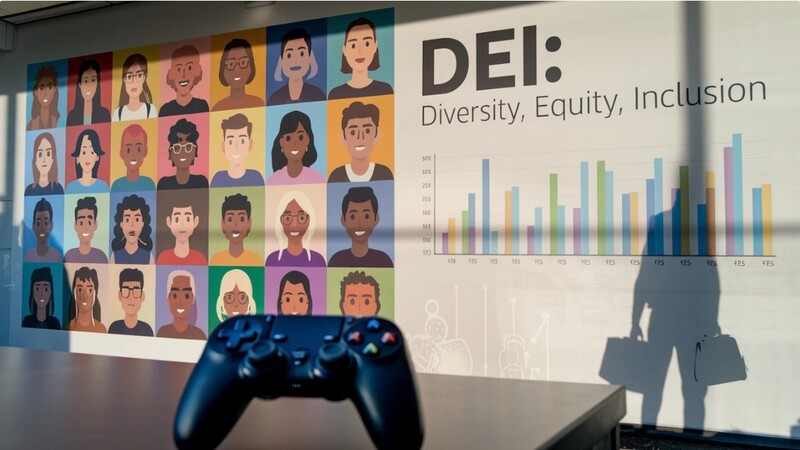
The gaming industry is one of the largest entertainment sectors in the world. It has a global audience that spans various demographics. Historically, however, many games have lacked diverse representation, often reinforcing stereotypes or excluding marginalized communities. DEI initiatives seek to address these gaps by advocating for fairer representation in-game, fostering inclusive workplaces, and ensuring that gaming spaces are safe and accessible for all.
Representation in Games
One of the most visible aspects of DEI initiatives is character diversity. Game developers are now more focused on creating protagonists and NPCs that reflect a wider range of ethnicities, genders, sexual orientations, and abilities. Recent titles such as The Last of Us Part 2 and Horizon Forbidden West have received praise for featuring LGBTQ+ characters and strong female leads, challenging the traditional norms of game protagonists. Beyond surface-level representation, authentic storytelling has become a priority. Developers are increasingly consulting with cultural experts and diverse writers to create narratives that accurately portray different experiences.
For instance, Spider-Man: Miles Morales highlights Afro-Latino culture, integrating language, traditions, and environments that resonate with real-world communities. Additionally, customization options in games have improved significantly. Titles like Cyberpunk 2077 and Baldur’s Gate 3 offer players the ability to create characters that align with their own identities. Even including nonbinary and trans representation in them. This level of personalization ensures that players see themselves reflected in the worlds they explore.
Workplace Inclusivity
DEI extends beyond the games themselves and into the industry’s workforce. Game development has long been dominated by certain demographics, with limited opportunities for women, people of color, and nonbinary individuals. Companies are now investing in hiring initiatives, mentorship programs, and inclusive workplace policies to address these disparities. Studios such as Ubisoft, Riot Games, and Microsoft have publicly committed to fostering diverse work environments. We have Sarah Bond doing an excellent job leading the way as President of Xbox now. Internal DEI teams have been established to monitor progress, create policies against discrimination, and provide employees with resources for professional growth.
Some companies have made genuine strides toward the goal. While others have faced criticism for implementing DEI as a performative measure rather than fostering real change. Additionally, workplace harassment and discrimination scandals have revealed the persistent challenges within the industry. Companies are now being held accountable for their internal cultures. Their employees are pushing for stronger policies, better leadership accountability, and transparent diversity reports. More organizations are implementing bias training and inclusive leadership programs to ensure that diversity efforts extend beyond hiring practices and create long-term systemic change.
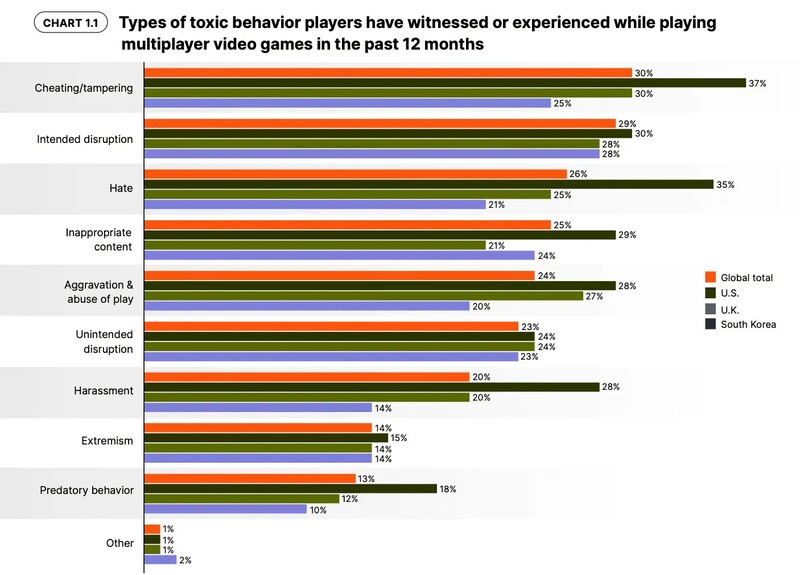
Community and Player Engagement
Online gaming communities have historically been rife with toxicity, particularly for marginalized players. DEI initiatives aim to combat harassment and discrimination by implementing stricter moderation policies, in-game reporting systems, and AI-driven content moderation. Platforms such as Twitch and Discord have introduced guidelines to promote safer online spaces, emphasizing accountability for players who engage in hate speech or abusive behavior. Additionally, gaming events and esports leagues have embraced DEI by increasing visibility for underrepresented players.
Women’s esports tournaments and LGBTQ+-focused gaming communities have gained prominence. Thus providing safe spaces where players can compete and engage without fear of discrimination. Furthermore, game developers are incorporating in-game tools that allow players to create and engage with safe communities. For example, Apex Legends introduced a ping system that reduces the need for verbal communication. In return, helping players avoid toxicity in multiplayer settings. Some games now include AI-driven systems that detect and penalize hate speech in real-time, ensuring that gaming remains a welcoming space for all players.
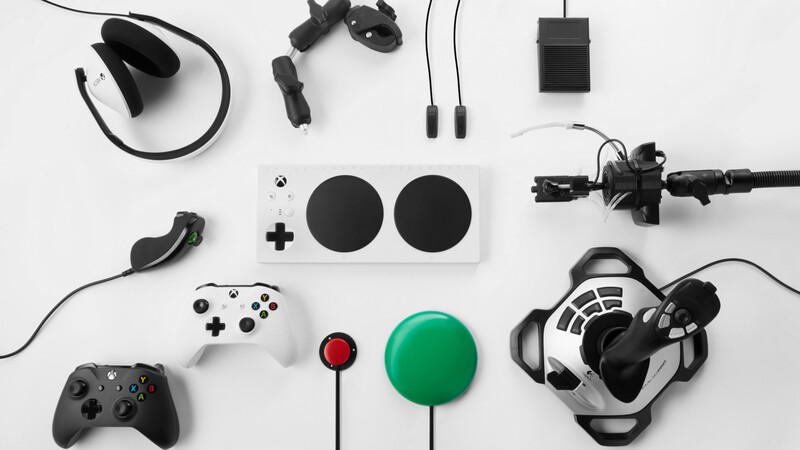
Accessibility in Gaming
DEI also includes making games more accessible to players with disabilities. Innovations in adaptive gaming technology, such as Xbox’s Adaptive Controller and customizable key mapping, allow individuals with motor impairments to enjoy games more freely. Developers have started including features like colorblind modes, customizable subtitles, and audio cues to accommodate a wider range of players. Games like The Last of Us Part II set new standards for accessibility by incorporating over 60 accessibility options, from navigational assistance to alternative control schemes.
This progress highlights the industry’s growing commitment to ensuring that games can be enjoyed by as many people as possible. Additionally, major game studios now collaborate with accessibility consultants to refine their features. Organizations like AbleGamers and SpecialEffect work directly with developers to ensure their games are truly inclusive. More games are also including text-to-speech features, difficulty adjustments, and alternative input methods, ensuring that accessibility is considered at every stage of development.
Challenges and Controversies
Despite positive strides, DEI initiatives in gaming are not without controversy. Some critics argue that diversity efforts feel forced or politically driven, rather than naturally integrated into game narratives. Others believe that the industry still has a long way to go in addressing deeper systemic issues, such as workplace discrimination and the gender pay gap. Additionally, some companies have been accused of engaging in “diversity washing,” where they publicly support DEI while failing to take meaningful action internally.
High-profile cases of workplace harassment and discrimination in major studios have led to skepticism about whether the industry is genuinely committed to change or merely responding to public pressure. Another challenge is the backlash from certain sections of the gaming community. Some players resist diversity efforts, believing them to be unnecessary or an imposition on traditional gaming culture. This has led to instances of review bombing and social media harassment against developers who prioritize inclusivity.
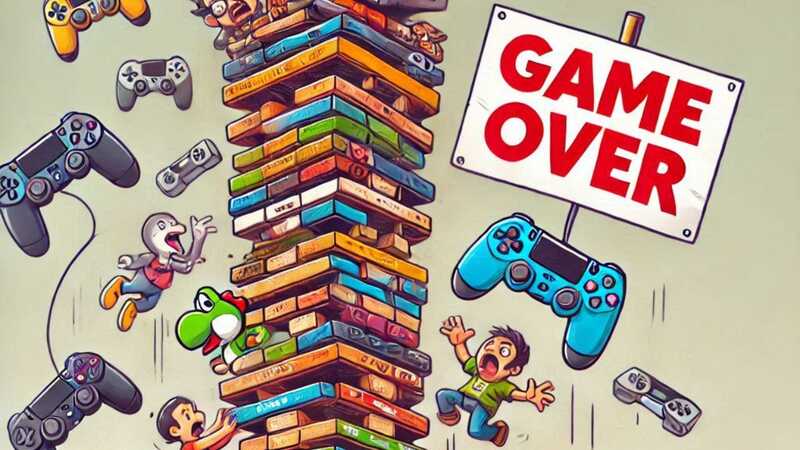
Final Thoughts
The future of DEI in gaming largely depends on continued accountability and engagement from developers and players. Industry leaders must ensure that DEI efforts extend beyond performative gestures, integrating inclusivity into the core of game development and company culture. As gaming technology advances, AI and procedural generation could play a role in expanding representation, allowing for more personalized and diverse character creation. Moreover, increased collaboration with marginalized communities can help shape more authentic narratives and experiences. Educational programs and industry initiatives will also play a role in shaping the next generation of game developers.
More scholarships, internships, and leadership programs are being introduced to support underrepresented groups in entering the industry. Companies that invest in long-term inclusivity efforts will likely see a more diverse and creative workforce, leading to richer and more meaningful gaming experiences. Ultimately, DEI in gaming is about making the industry a place where everyone, regardless of background, identity, or ability—feels seen, heard, and valued. The progress made so far is encouraging, but the journey toward true inclusivity is far from over. Let me know what you guys think!

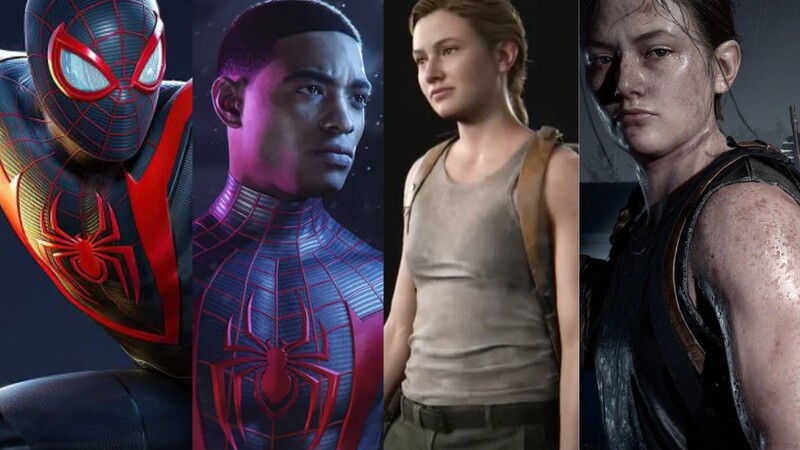
1 comment
[…] the equation. The real work happens behind the scenes. The industry’s growing commitment to diversity, equity, and inclusion through initiatives like inclusive hiring practices and mentorship programs is essential. By […]
Comments are closed.